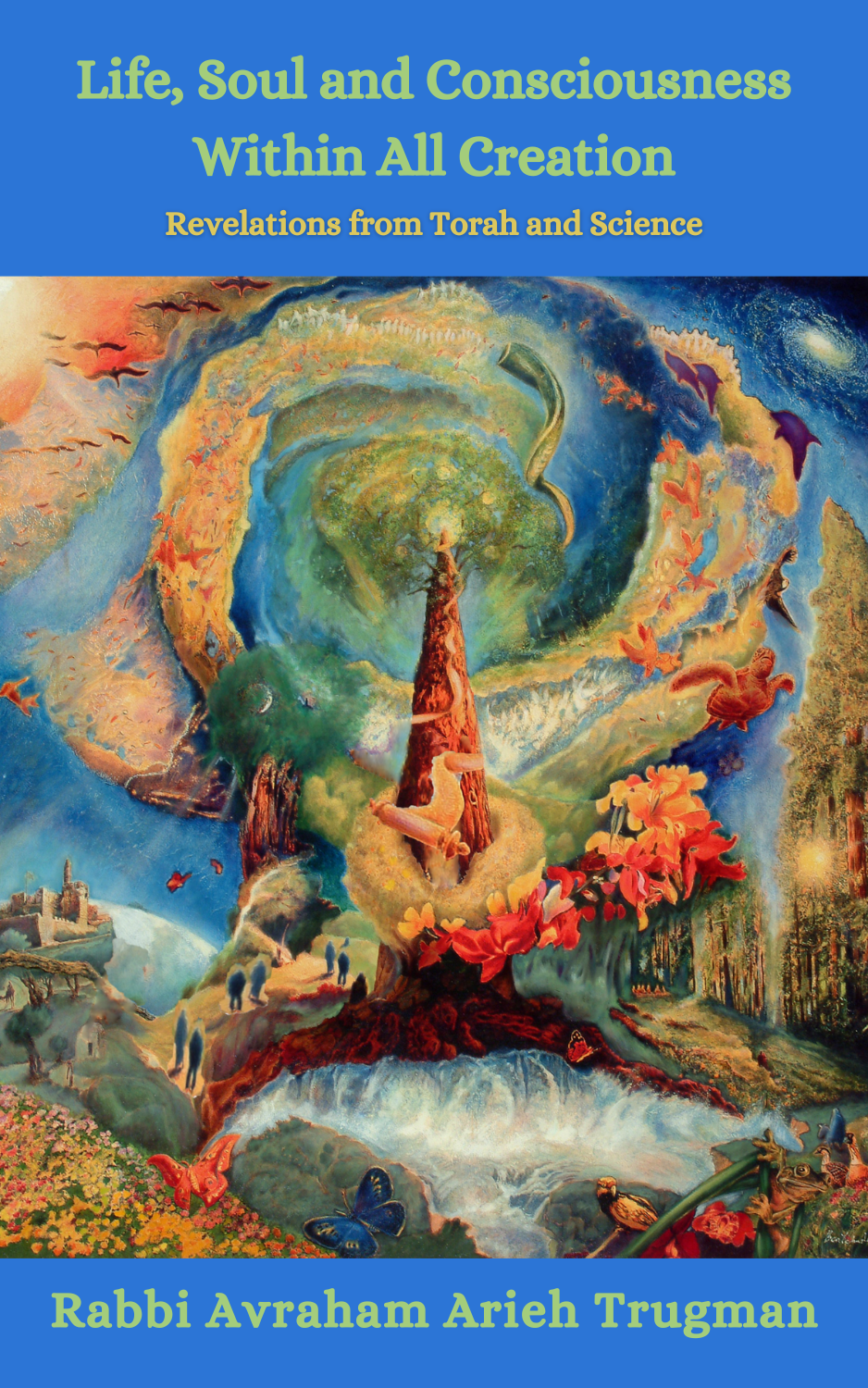Paradoxically, while the world is a reflection of the Torah, the Torah also simultaneously reflects the realities of the world. This paradox was discussed extensively in our discussion of Jacob’s complex character in a number of portions in Genesis. Since there are so many difficult situations in life that strain our sense of fairness, logic, and at times even our faith itself, we would expect to find situations in the Torah that also seem to defy explanation. In Korach, we discover that not only Korach and his assembly are swallowed up by the earth but also their wives, children, and even infants. That these men’s wives and grown-up children somehow participated in the uprising cannot be entirely dismissed, yet it is initially difficult to understand what the tiny babies could have done to deserve such a death given that they took no part whatsoever in the entire incident. To argue that these infants had to die because they were of the same bloodline as the rebels is inherently difficult to reconcile with our innate sense of justice. Furthermore, they had no opportunity to exercise their free will so how could they be punished? Indeed, even arguing that these infants were punished for their fathers’ sins is problematic as the Torah explicitly relates that God does not punish children for their fathers’ sins.
One way to resolve this conundrum is to admit that free will, though axiomatic in Jewish thought, is not as absolute as many people think. Many factors including nature and nurture, the effect of previous lifetimes, peer pressure, societal limitations, and emotional and psychological makeup all influence and create the parameters within which free will operates. Perhaps these infants’ souls were reincarnated for only a brief time to pay off some debts or undergo certain suffering to atone for their actions in a previous lifetime.
Alternatively, we might suggest that sometimes even though the individual may be blameless, his or her fate is the result of either God meting out collective punishment or the collective destiny of the world callously determining a single individual’s fate. For instance, in explaining God’s decision to flood the entire world in Noah’s time, Rashi explains that whenever unbridled immorality rears its head and God unleashes the forces of destruction, the good and the evil are destroyed together (Genesis 6:13). In our case as well we could explain that these babies were literally dragged down to their deaths solely because of the sins of others. In fact, the Sages deduce the wellknown dictum that “all of Israel is responsible one for the other” from a verse that the Sages understood to mean that one Jew’s sin may have a negative impact upon another Jew’s life (Leviticus 26:37; Shevuot 39a).
Ultimately, the truest explanation, though it may appear to be somewhat intellectually shallow at first, is that God knows best; therefore, there must be a reason for the infants’ deaths since “all that God does is for the good” (Berachot 60b). So much of life is beyond our comprehension that we must ultimately fall back on our firm belief that only God knows what is truly for the best and only He can ensure that this is carried out in any given situation. Even at a funeral, when our loved ones lie before us ready to be buried, we read verses affirming our belief in God’s justice and goodness.
The Midrash provides a story that highlights this message. When Moses first left Pharaoh’s palace to seek his brethren’s welfare, he saw a Jewish child being crushed in a wall as it was being built and questioned God’s justice. God gave Moses permission to save the child but warned him that there was much more to the situation than meets the eye. This child eventually grew up to be Micah, a key player in the creation of the Golden Calf, a sin that almost caused God to destroy the entire Jewish people. This Midrash teaches us that while our initial desire to save the life of a child at all costs is praiseworthy and even correct, Moses’ questioning God was based on a limited viewpoint and not on a broader perspective that took into account so many factors beyond his comprehension.
In our case as well, the urge to question God’s righteousness in letting these infants die, may be the result of our limited vision, for we are unaware of all the other factors that only God can account for. This quandary led the Ba’al Shem Tov to declare that after one has amassed wisdom and knowledge, and even explored the deepest Kabbalistic mysteries, one should still choose “simple faith” above all else. This type of trust in God’s Divine Providence has been negatively derided as just “simple faith,” yet when confronted by life’s complexities, inherent paradoxes, and perplexing dilemmas, this approach allows us to penetrate the surface of reality by relying on this deep understanding of God’s Omniscience.







